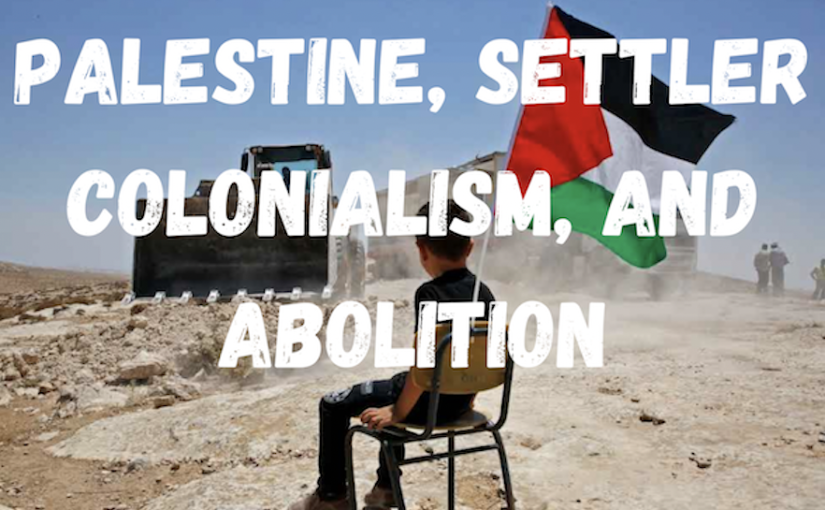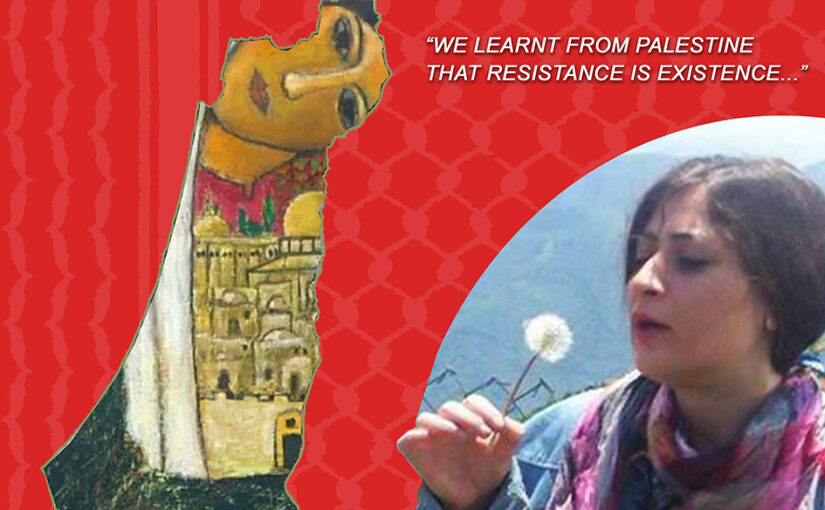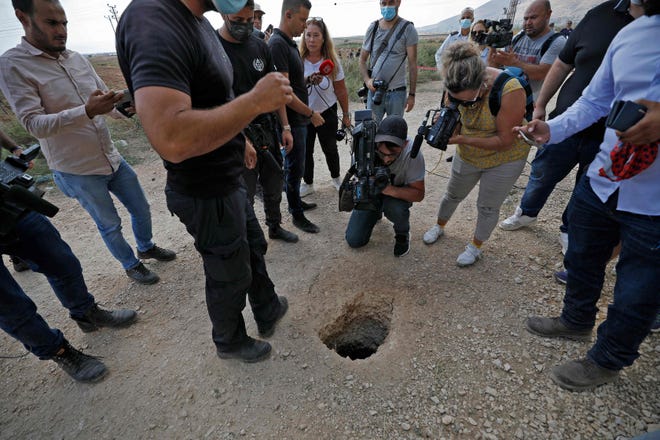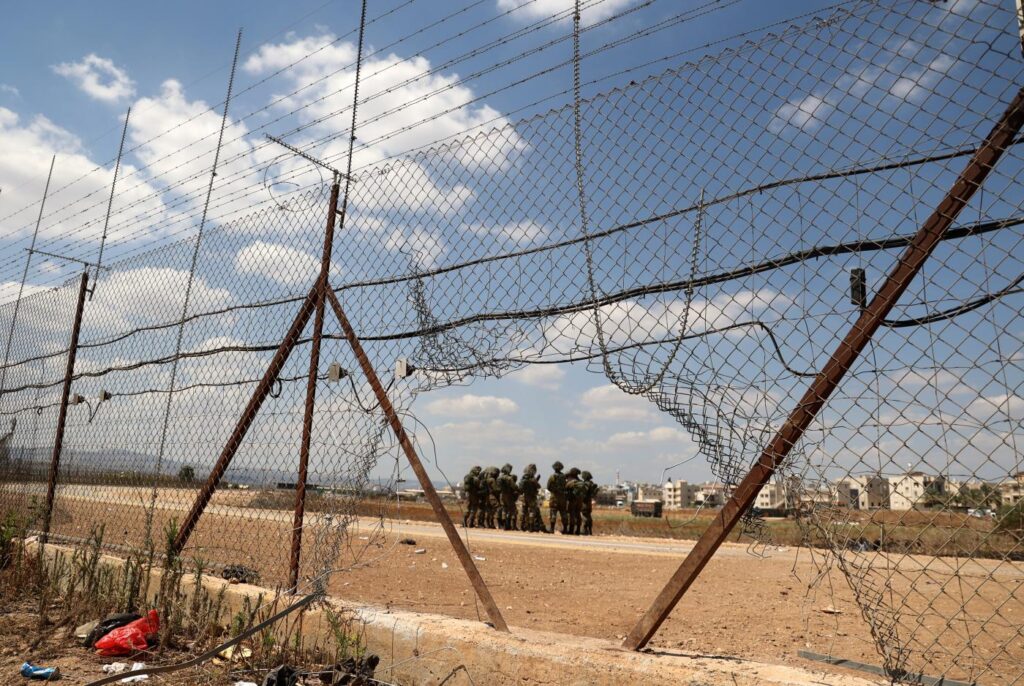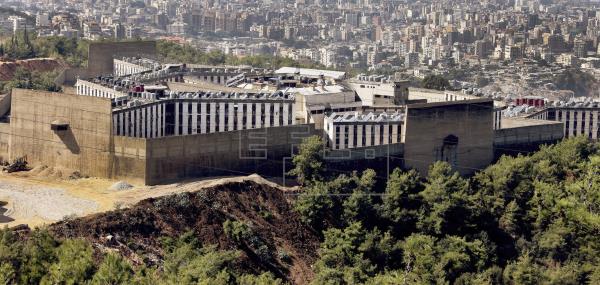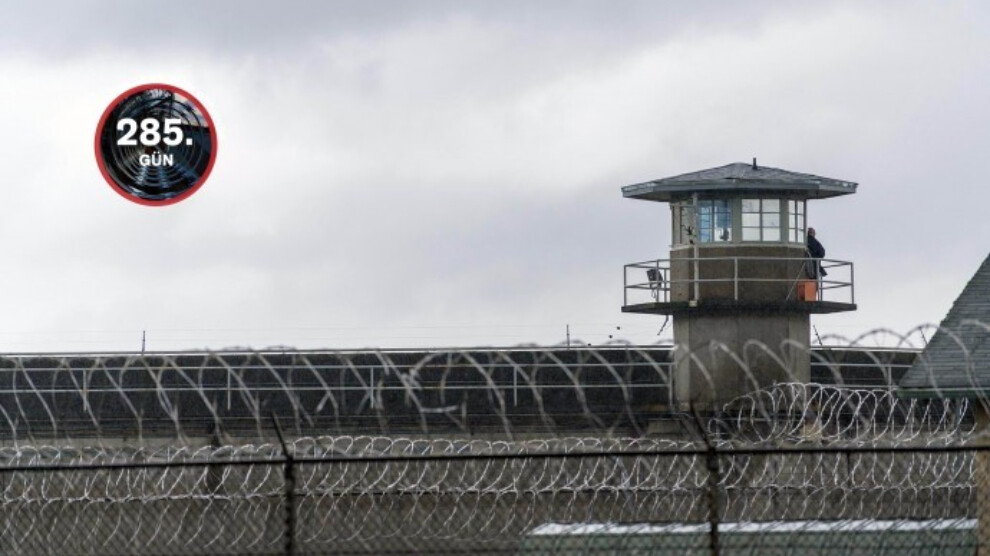By Global Prison Abolitionist Coalition
For the last three years, since the start of the pandemic in 2019, the globally incarcerated population held in carceral spaces of state violence has been one of the most affected demographics. From prisons to concentration camps to refugee detention centers, not only have incarcerated and detained people been made extremely vulnerable to COVID-19, their basic rights have also been violated by the authorities in the name of pandemic regulations.
The pandemic has forced prisoners to organize themselves under the deadly conditions to protect their fundamental right to life. This is why the number of hunger strikes (collective and individual) within carceral spaces has been steadily increasing globally.
On January 11th, more than 200 male prisoners at Rikers Island in New York City launched a hunger strike demanding their rights. They are protesting their inhumane treatment that has been exacerbated under the COVID-19 pandemic: unjustifiably long lockdowns, lack of timely medical treatment, lack of access to law library and common areas, limited supplies in the commissary, delayed court dates and communications, and denial of visits, including by lawyers. In a voice message sent from prison, Ervin Bowins, one of the individuals on hunger strike, condemned the denial of even basic services:
“We are on hunger strike, and we have a list of reasonable things we would like to bring to the table so that we can get things rolling, such as a law library, recreation, and mental health service, and medical stuff like that. What we are not being afforded. Mandatory, minimum standards for a human being.”
Even before the pandemic, Rikers Island jail complex was notorious for inhumane and deadly treatment of its inmates and denial of due process, and grassroots mobilization has forced the city to commit to the closing of Rikers Island by 2026. The horrific distributive consequences of racial capitalism in New York City’s prison industrial complex is reflected in the cost of over $500k per year to detain one inmate during a global pandemic. In a recent interview with BNC News (Black News Tonight) the formerly incarcerated community organizer Jerome Wright explains:
“We’re talking about people who have not been convicted of a crime, and they are being treated worse than those who have been sentenced in upstate’s prisons. It’s a staffing problem, they don’t get their medicine, there is no mental health, solitary confinement, in defiance of solitary laws being used…it’s a harrowing experience to be in there and right now it’s almost a death sentence. ”
In the same interview Dr Joy James speaks about the reason why such levels of abuse are normalized in the U.S. society and why prisoners’ collective hunger strike is where leadership and agency is:
“This is supposed to be a functioning democracy, it is maladaptive, it doesn’t conform to human rights or civil rights. And it has become part of normalizing the culture to be this indifferent. You know, if we think about it, if only white people were in power, and it was all white guards or jail union that was meting out this type of abuse, disproportionately against black people, we would register emotionally, psychologically, politically to the Antebellum era. However you want to define slavery and the 13th Amendment, you are treating people as animals, you are treating people worst than animals, no animal should be treated this way, from rotten food to feces on the floor, the intimation, the humiliation, you know, literal terror, because they are held captive? We can do better but our bureaucracies won’t unless we force them to.”
Meanwhile, in Palestine, an increasing number of prisoners are going on hunger strike as the only means to assert control over their own bodies in the colonial prisons of Israel. The most recent case is Hisham Abu Hawash, a Palestinian construction worker from the West Bank who had been arrested by the Israeli regime on October 2020 and placed under administrative detention. As Palestinian lawyer Yara Hawari writes:
“Under administrative detention, there is no time limit on how long a prisoner can remain in custody, and the “evidence” on which the arrest is based is never disclosed. Inherited from the British Mandate in Palestine, the Israeli regime often claims it uses this mechanism in a preventative way, in order to avert “future offences”. Administrative detention orders in Israel last for a maximum of six months, but can be renewed indefinitely.”
After 141 days of hunger strike, nearly five months, Abu Hawash pressured the Israeli regime to agree upon a release deal which guarantees that his detention will not be renewed. Abu Hawash is now due to be released in February.
While indefinite administrative detentions have been a long-standing means of depriving Palestinians of their rights, the pandemic has made their situation even worse, with infections spreading in Israeli prisons and COVID regulations being abused by prison authorities.
As the crisis of global racial capitalism unfolds, the nation-state system is increasingly relying on prisons and mass incarceration as a strategy of crisis management and governance by force. But this also means prisons are increasingly becoming sites of resistance and liberation. Despite being confined to the harshest conditions, the global prisoner population is using their bodies to forge new revolutionary horizons and visions of emancipation.
Global Prison Abolitionist Coalition stands in solidarity with the ongoing hunger strikes on Rikers Island, in Palestine and other struggles of incarcerated people all over the world. We support their demands while emphasizing the need for the abolition of all types of carceral spaces and all the racialized and gendered structures of oppression, exploitation and domination that bring those spaces into existence. As an act of solidarity, we have started documenting various forms of resistance in prisons and other carceral spaces globally, and we invite you to contribute to our project by sharing with us instances of such struggles at [email protected].

